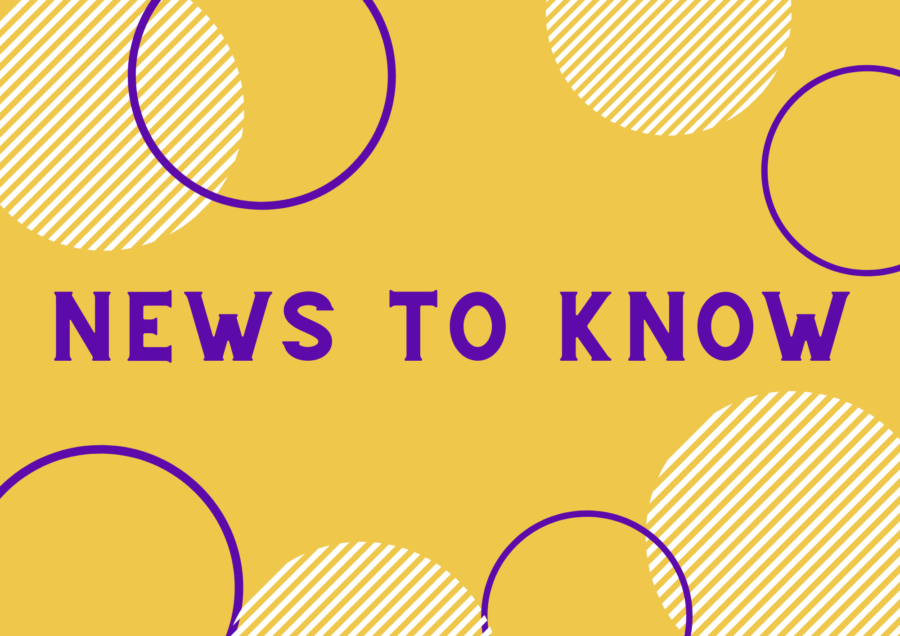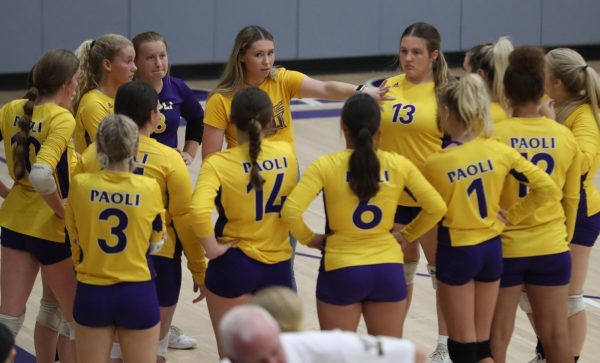Survey Says: We Need Help
October 1, 2021
Hannon is Stressed — And You Are Too
Recently, I sent out a survey to staff and students asking two questions: on a scale of one to five, how overwhelmed are you on a day-to-day basis, and what do you do to cope with that stress. The results were concerning. Of the 169 who replied, 82.7 percent of those surveyed placed themselves at a three or higher for how overwhelmed they feel.
For the second question, “What do you do to cope with stress?” there were two common answers that really stood out. One was that many people turn to music to help them deal with their stressors and emotions.
Music Helps
This is not a new strategy unique to our school. According to research done by the American Psychological Association, listening to music increases the body’s production of antibodies and reduces stress hormone levels. Students may not understand the science behind it, but they know that music has a powerful effect on how they feel. As a music student, I have firsthand experience with the benefits of music. Playing my instrument is always therapeutic, as it is something I do not have to think about. I can just let my feelings flow through me and come out as something beautiful. When it is not convenient to play an instrument, just popping in my earbuds and listening to my favorite albums and instrumental music helps improve my mood and takes my mind off of things.
On Earbuds
Our current policy prohibits headphones in the classroom and blocks most streaming services on student Chromebooks. Could a change to the headphone policy provide a resource for students who could benefit from the stress-relieving properties of listening to music?
In my opinion, yes. I believe our policy should be updated to make music more accessible to students whenever there is time to do so without the possibility of classroom disruption.
Mindfulness
Other than listening to music, the answer that really stood out was that many students just do not know how to cope with being overwhelmed. They do not have the tools to help them get through tough situations. This is concerning, as students and teachers alike are under rigorous performance standards, and with no way to deal with that stress, it can have negative effects. There is a possible solution to this issue that has already been implemented at Throop.
Kara Schmidt, a community member and founder of SoINBody, began working with elementary students before the pandemic, teaching them mindfulness and yoga skills. She also did a trial run with Carol Fullington’s 2019- 2020 speech classes, coming in twice a week to practice mindfulness and yoga with high school students. I had the opportunity to be in that speech class, and those mindfulness lessons were some of the most helpful things I have learned in my high school career. I think this sort of experience should be available for all students at the high school, seeing as we are more vulnerable to mental strain as a result of our education. The easiest option would be to create a mindfulness club which meets once a week during homeroom or even after school, giving students a chance to take a break and practice something that could be beneficial for them.
Talking about mindfulness can be difficult because there is just not enough common knowledge on the subject for most people to really know much about it and how to practice it. However, if the school implemented new policies and programs which had students’ best interests in mind, and that engaged in mindfulness improvement, we might see our data shift in a more positive direction.








![Paolite [Print Edition] Issue 6](https://phsmedianews.com/wp-content/uploads/2025/06/Screenshot-2025-05-12-192230.png)

